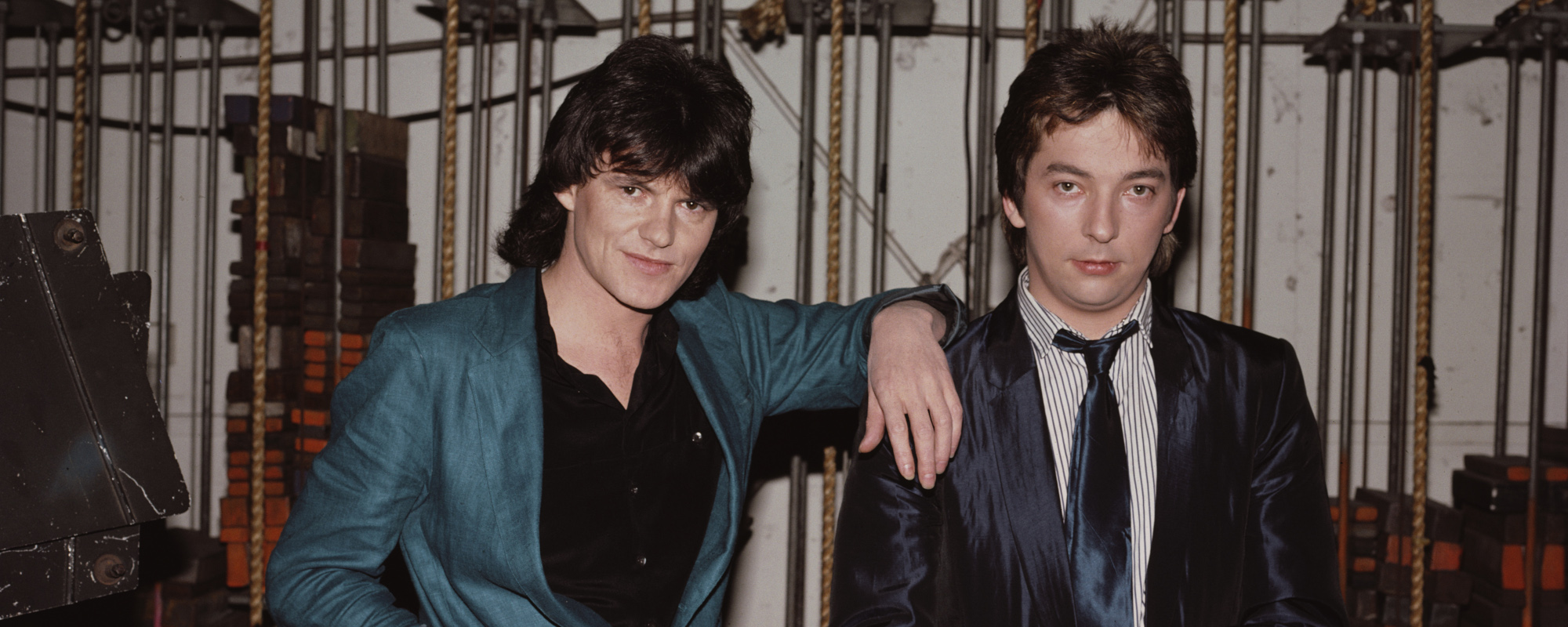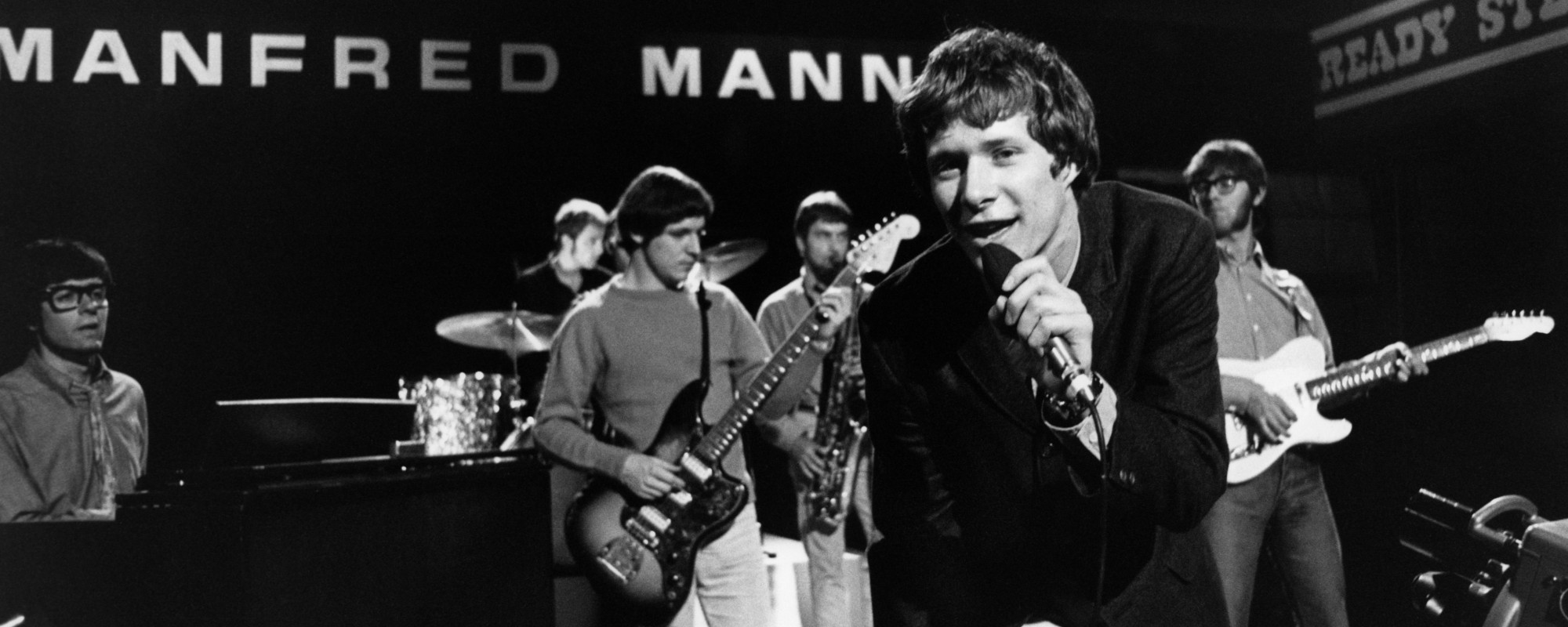“Make It Easy on Yourself”, Written by Burt Bacharach and Hal David
Videos by American Songwriter
For many, “Make It Easy on Yourself” (1962) remains one of the most emblematic songs in the canon of Bacharach and David, a lush creation of orchestrated melodrama that points toward a new sophistication within 1960s pop music as a whole. For Bacharach, too, the creation of “Make It Easy” represented a pivotal moment: It was one of the first sessions upon which he was given freedom to produce (even if, on the original single’s label, he only received an “arranged by” credit). Although the 34-year-old Kansas City native had already gained success as a writer (with the Shirelles’ “Baby It’s You” and others), “Make It Easy on Yourself” could be said to have marked the real beginning of the distinctive Bacharach “sound.”
With this breakthrough came the expected complement of hurt feelings and misunderstandings. Originally, the song had been intended for a young, classically-trained gospel singer, Marie Dionne Warrick, who had been working with Bacharach as a backup and demo singer. However, Florence Greenberg, the feisty owner of Warrick’s record company, Scepter, turned it down. Why Greenberg would have dismissed such a beautiful work is a mystery—perhaps she felt it was too great a departure from the teen “girl group” style that had put Scepter on the commercial map with the Shirelles. There is, however, a happy ending to this anecdote: when Warrick learned the song was no longer hers, she was reported to have slammed out of Bacharach’s office with a curt, “Don’t make me over, man!” That line became the centerpiece of Warrick’s first hit with Bacharach, 1962’s “Don’t Make Me Over,” and represented the start of one of the most famous musical partnerships in pop history—after a record label misprint identified Warrick as “Dionne Warwick.”
In the meantime, however, “Make It Easy on Yourself” was given to Jerry Butler at Vee-Jay Records, the pioneering African-American owned label in Chicago. Working closely with Bacharach during the session (Vee-Jay’s A&R man, Calvin Carter, having stepped back from the controls), Butler fashioned a magnificent performance, using his soulful baritone to mine the lyrics’ heartbreak: “If you really love him, and there’s nothing I can do/Don’t try to spare my feelings, just tell me that we’re through.” Released in July of 1962, “Make It Easy on Yourself” rose to No. 18 r&b and No. 20 pop—not one of Butler’s loftier showings. But what the single lacked in chart action it made up for in influence: in fact, when a Vee-Jay boxed retrospective was released in 2007, “Make It Easy on Yourself” stood out as a glorious highlight.
Of course, there have been other versions. Warwick’s original demo was included on her first album (Presenting…) for Scepter in 1963; and later, in 1970, she had a hit with the excellent re-recorded live version which appeared on her Very Dionne album. In 1965, The Walker Brothers, an American pop group recording in Great Britain, took it to the charts in a rendition nearly as beautiful as Butler’s, complete with a Phil Spector-styled “Wall of Sound” production courtesy of Dusty Springfield’s arranger, Ivor Raymonde. Bacharach’s own treatment of “Make It Easy on Yourself” arrived with his 1969 solo album bearing the same name. Sporting an arrangement more adventurous than those featured on the earlier, hit versions, the track is nonetheless marred by Bacharach’s oft-cited lack of vocal ability.
But what may be the greatest treatment remains one of the least known. In 1977, Cissy Houston (Warwick’s aunt and mother to Whitney) included it on her self-titled album for Private Stock Records. Houston, a member of Bacharach’s original group of backing vocalists during his Scepter days, completely transforms the song, opening with a quiet spoken passage and working up to a series of increasingly dramatic peaks. Later she tosses off a string of melismatic runs and caps them with a pair of high notes that soar majestically over a bed of strings. It’s a stunning performance, one that embodies all of “Make It Easy on Yourself”’s —and Bacharach’s—transcendent potential.













Leave a Reply
Only members can comment. Become a member. Already a member? Log in.